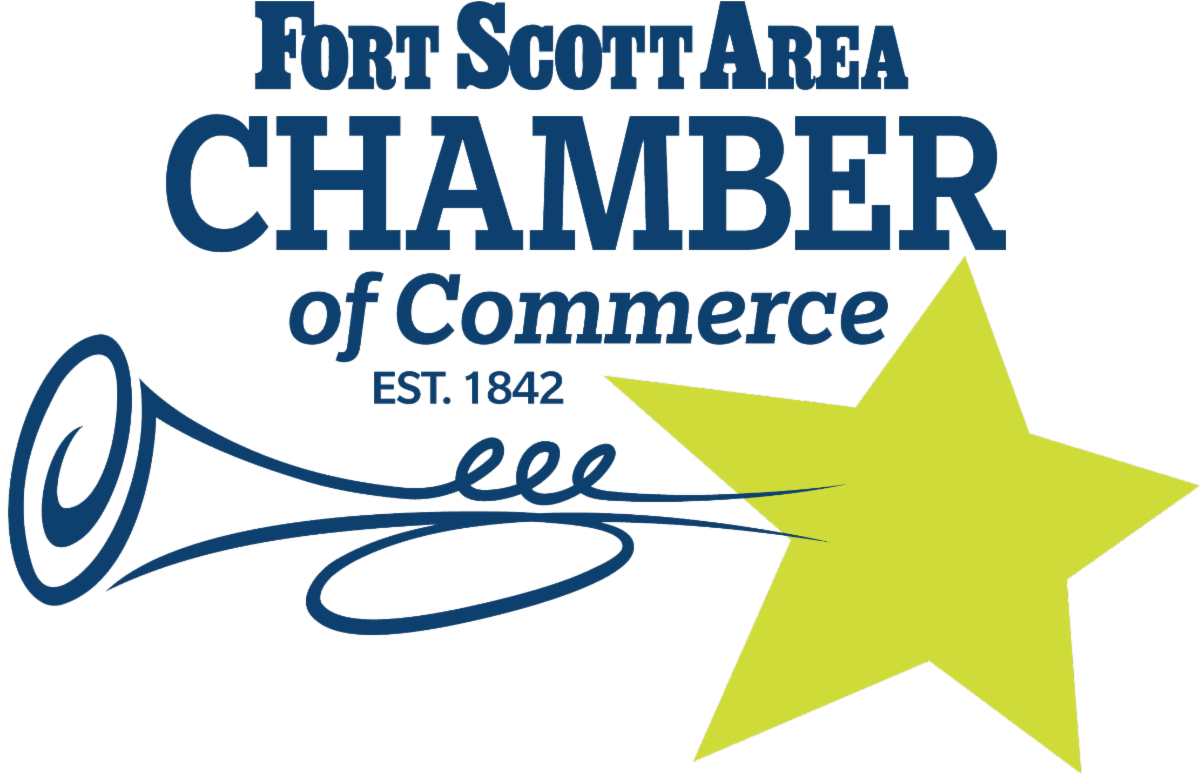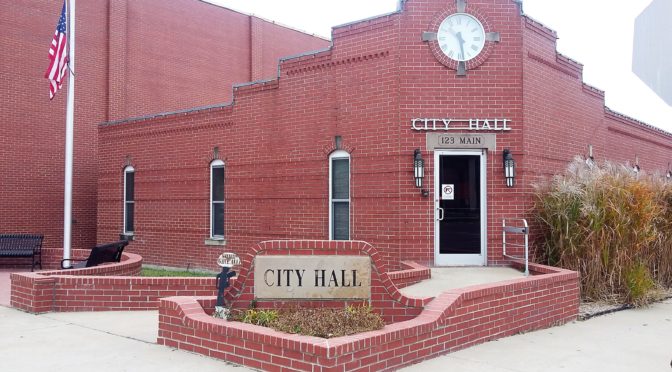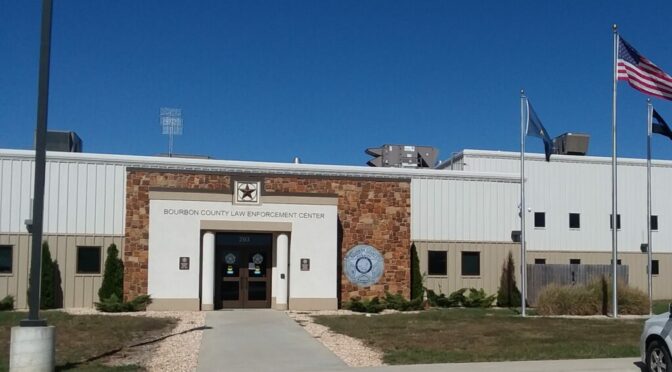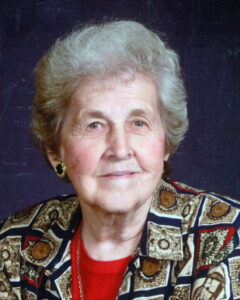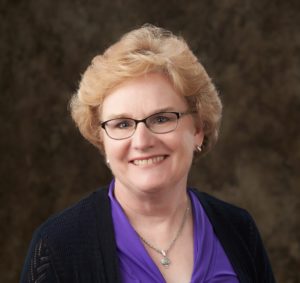
Most often financial preparedness comes to mind when we think about retirement. There are a lot of variables that can create a big gray area in knowing if you have put enough back to live comfortably and do the things you have longed to do in retirement.
Feeling financially prepared can relieve a lot of worry and lends to the thought there will be smooth sailing in retirement. However, we may not be giving enough consideration to our mental preparedness toward retirement.
Retirement is an exciting adventure for most. The term liberation comes to mind. There may be a sense of freedom to do what you want when you want and the ability to start tackling your bucket list. It’s a major transition – moving from a structured work life as you are “getting a new life.” Be prepared to be patient with yourself and those in your household who are experiencing this “new life” transition along with you.
Being productive and having purpose is important in retirement. Getting that all figured out is a normal process for retirees. Having some hobbies in place before retirement is helpful in creating that sense of purpose. Give thought to volunteer opportunities that may be available. Be vigilant in concentrating on those undertakings that are important to you. Volunteering can fill a void and foster new relationships and environments to spend productive time. On the other hand, committing to too much can be overwhelming and taxing on your health.
When considering retirement, it is important to be aware of the effects retirement might have on your most meaningful relationships. Being together with your loved ones more frequently can be wonderful but may also be too much at the same time. The key is to talk about your fears, expectations, and concerns with your loved ones and friends ahead of time. Some helpful questions to consider discussing with family members and close friends include:
- When I retire, I picture spending my time doing ______. How do you feel about that? How/when would you like to be involved?
- What would you like for us to accomplish together once I retire?
- How do you picture balancing our personal space/personal interests with participating in joint activities or socializing together once I retire?
Our expectations and assumptions for retirement may not match up with those we plan to spend time with. There may be expectations that more time together will be automatically accepted. That may not be the desired outcome for one of the parties. It’s good to get those out in the open prior to transitioning.
Retirement can be a rollercoaster of emotions and adventures, both fun and nerve-wracking. Not only are you leaving something, you will be starting something new. There will likely be not one but many transitions. Prepare yourself mentally for the unexpected. Realizing that ups-and-downs are likely to happen, and that it is okay, will help in re-establishing your sense of purpose and assist in enjoying retired life.
K-State Research and Extension is an equal opportunity provider and employer.


